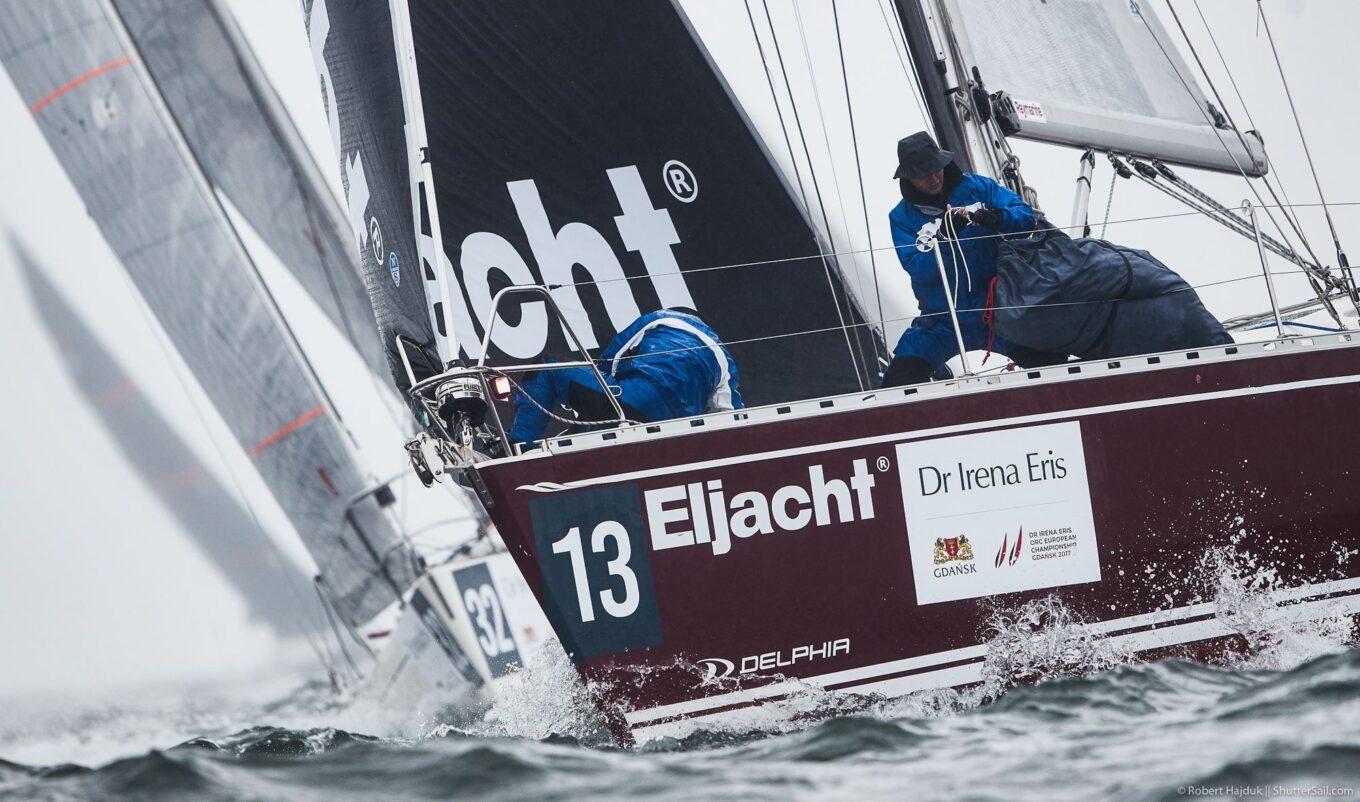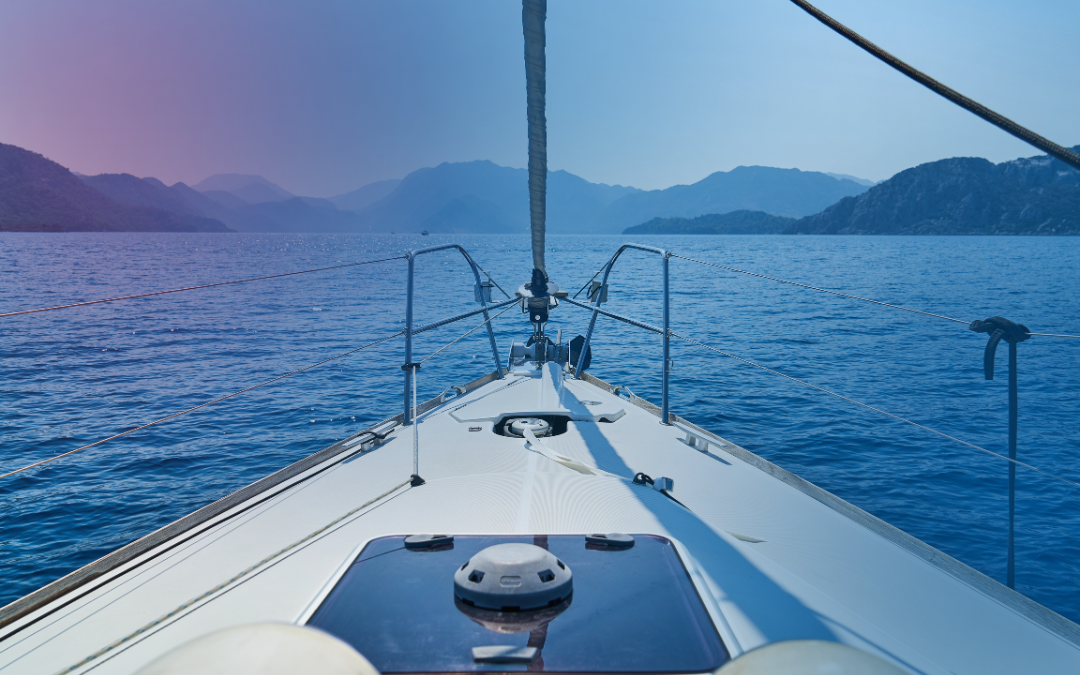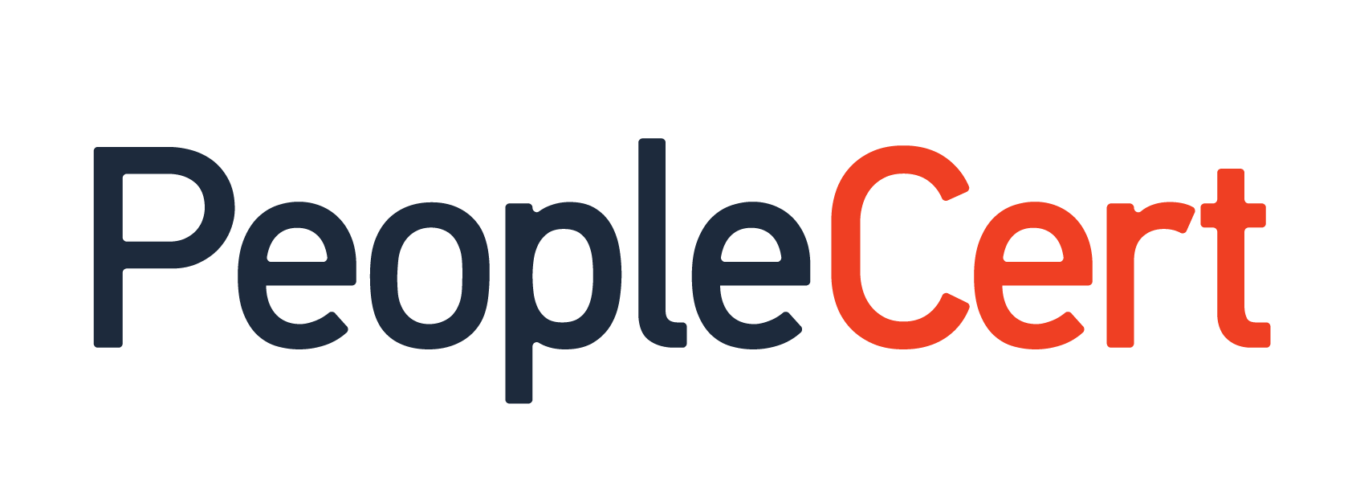Readers of our blog have known my sailing fascinations since last year. This year they took on a very sporty form, because together with my friends I was preparing for the ORC European Sailing Championships. ORC stands for Offshore Racing Council (www.orc.org) - the organization that issues the rules of the international measurement system. This system allows you to organize regattas in which different sea yachts take part. Thanks to precise measurements of each boat and the sails used on it, coefficients are calculated by which the actual time achieved in a given race is corrected. Thanks to this, we can compete with each other, even though we start on very different boats.
Apart from sailing, this year mocno angażują mnie również moje fascynacje w obszarze project management proces, a w szczególności punktów styku pomiędzy różnymi podejściami. Although I was the first to learn the standard included A Guide to the Project Management Body of Knowledge (PMBOK® Guide) many years ago, I started my activity as a consultant and trainer in the field of the PRINCE2® methodology. Even then, I was fascinated by how wonderfully they complement each other, and from the very beginning, when working with clients, I freely drew from both sources, preparing proposals that best suited the needs of individual organizations. However, my "hybrid" approach would not be complete if I omitted the dynamically developing agile methodologies.
Scrum wasn't a natural fit for me. I have never been involved in IT software development. So I approached the topic a bit like a hedgehog. Maybe this is why I understand IT engineers so well today, who approach e.g. PRINCE2® in exactly the same way :) How surprised I was when, after the first meetings with Scrum, I found not a competitive "revealed truth", but a perfect complement to the "hybrids" in my mind. Today, the above-mentioned engineers, whom I have the honor and pleasure of preparing for PRINCE2® exams, are often surprised when we come to similar discoveries about their projects.
When I approached the project of taking part in the ORC European Championship this year, I had no doubt that it would be an approach drawing inspiration from classic and agile good project management practices.. Even though my crewmates may not be aware of these inspirations, they are an added joy for me. We have been working on the idea since last autumn, and in March we defined what the PRINCE2® methodology calls a "business case". One of us took on the role of coordinator of technical activities and sports preparations. Even though he might not have been comfortable with the title of "project manager," he actually played that role. In accordance with the PMBOK® Guide, he created our action plan together with us and modified it accordingly. Although he doesn't know the phrase "rolling wave planning", I think his sailing soul would like it. Importantly, here again, in accordance with PRINCE2®, he made sure that the modifications introduced to the plan remained consistent with the business justification. And Scrum? It is worth adding that our "manager" coordinated the activities from the shore and only occasionally got on the boat with us. After making the framework arrangements, he left us with a task to complete. Our crew had to divide the roles themselves. I was responsible for operating the spinnaker pole. The others also took on roles according to their predispositions. As the "manager" put it: everyone must look at the whole boat, because it is the boat that takes us to victory, not the pursuit of our own small plot.
I admit that in my private projects I am also inspired by what I teach others. Why? Simply because it works. The most beautiful thing about sailing and project management is that both fields, although heavily grounded in theory, remain painfully practical. You can read dozens of books, learn hundreds of rules, and be inspired by the experiences of masters. It's worth doing! However, remember that the most important thing is what you can put into practice - what is in your blood. I sail on small beach boats and sea yachts - both require "good sailing practice". The same in projects - although each one is different, each requires the use of "good design practice". And one more thing. In both areas, despite years of experience, I can still improve. It's fascinating!
Author: Maciej Krupa










